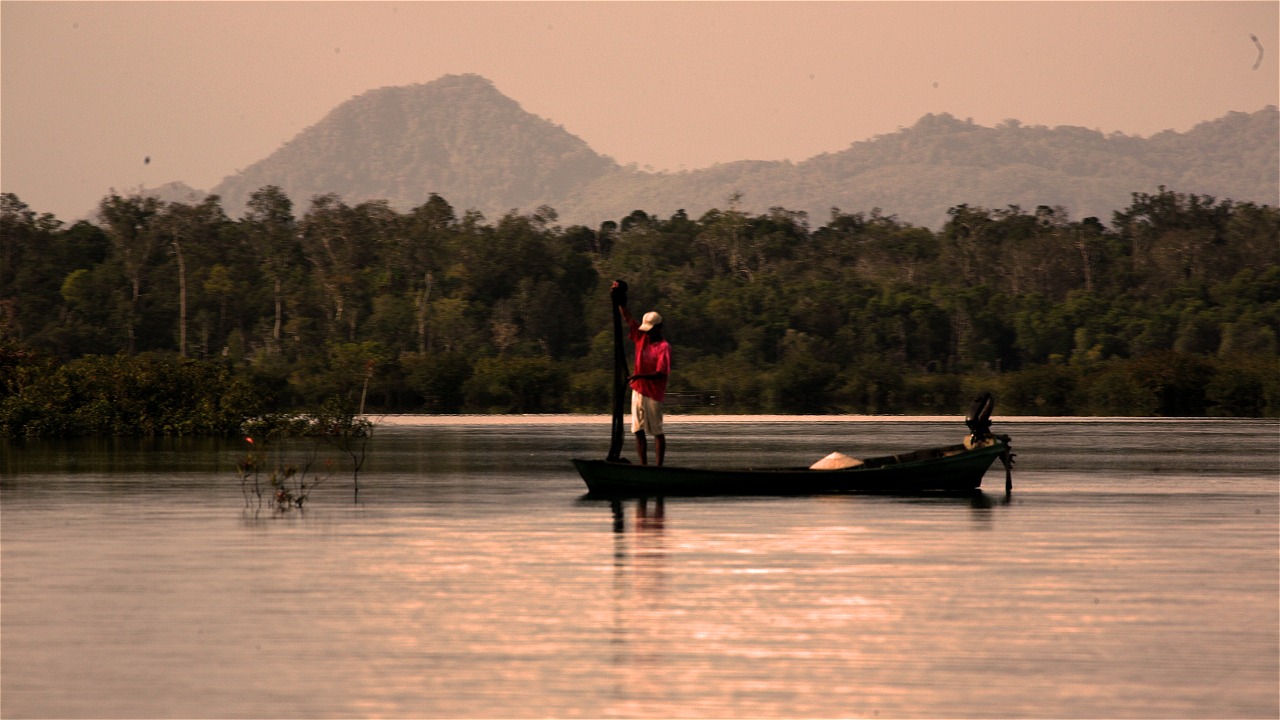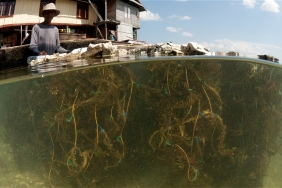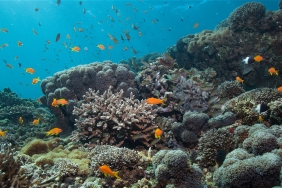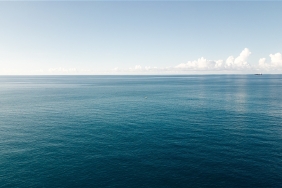STABILIZING EAA IMPLEMENTATION IN INDONESIA, DRAFT INDICATORS PREPARED
Author: Ninish Fajrina (Marine Campaign and Social Media Asisstant)
The need for world fish fulfillment continues to increase in line with the intensity of resource exploitation in the capture fisheries sector. Adverse impacts arise as a result of overexploitation, one of which is the development of the application of irresponsible fishing methods until there is a decrease in the role of capture fisheries in meeting fish needs.
The skyrocketing production of aquaculture from 49 million tons in 2007 to 66 million tons in 2012 (The State of World Fisheries and Aquaculture, FAO), opened up opportunities for the development of aquaculture in Indonesia. However, farming practices, coupled with negative impacts such as ecosystem conversion, overfeeding and farming waste, require ecosystem-based management and the application of basic principles of responsible aquaculture to enhance the positive impacts of farming practices.
Indonesia became the first country to develop EAA principles as a general guide in the governance of aquaculture practices. EAA, which is part of the Code of Conduct to Responsible Fisheries (CCRF) published by FAO, has three main principles. First, it must consider ecosystem functions and services. Second, it should improve human well-being and equality of stakeholders and third, aquaculture should be developed in the context of other sectors, policies and objectives.
Second workshop held
Following up on the process of drafting the EAA General Guidelines (Pedum) that had been prepared last November 2014, WWF-Indonesia and the Directorate General of Aquaculture - KKP again invited relevant parties, to discuss the draft EAA assessment indicators. Attended by relevant parties within the scope of KKP, Ministry of Environment and Forestry, Ministry of Public Works, Bappenas, Universities as well as regional representatives of South Sulawesi and West Java, the assessment of indicators is packaged in the form of Workshop Finalization of Draft Assessment Indicators of EAA General Guidelines located at Hotel Santika Bogor.
For approximately two days, the participants were invited to equalize the understanding of the perception of EAA through the material presented by Dr. Ir. M. Mukhlis Kamal, M.Sc. The formation of three groups based on EAA indicators, namely environmental, social and institutional, to focus on discussing the details of each indicator.
The indicators that have been discussed will later be compiled so that they can be applied by aquaculture stakeholders in Indonesia. The preparation of a road map for the preparation and implementation of EAA and the establishment of an EAA network is also one of the results of the workshop which was attended by 45 people. The first phase of EAA assessment indicators field test is planned to be conducted in Purwakarta District, West Java, Pinrang District, South Sulawesi and Pesawaran District, Lampung.





